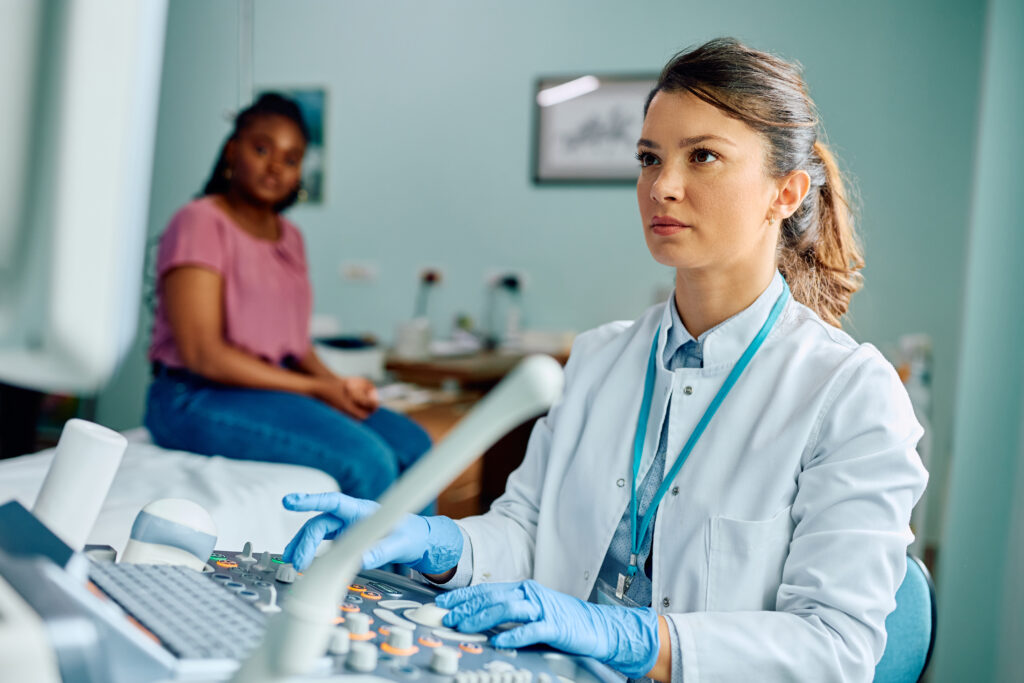
How to Prepare for Your First Gynecologist Visit

Visiting a gynecologist for the first time can be daunting, but it’s crucial to maintaining your overall health. Whether going for a routine check-up or addressing specific concerns, knowing what to expect and how to prepare can make the experience smoother and less stressful.
Understanding the Role of a Gynecologist
A gynecologist specializes in women’s reproductive health, dealing with a range of issues from menstrual problems and contraception to pregnancy and menopause. Regular gynecological check-ups are essential for early detection of potential health issues and maintaining reproduc-tive health. Whether you’re experiencing symptoms or it’s simply time for a routine check-up, visiting a gynecologist is a proactive step toward your well-being.
Before the Appointment
- Research gynecologists in your area and read reviews to find one that fits your needs. Con-sider factors like gender preference, experience, and patient feedback.
- Verify that your insurance covers the gynecologist and understand any out-of-pocket costs you might incur.
Gathering Medical History
- Collect information about your medical history, including past surgeries, illnesses, and chronic conditions.
- Note any family history of reproductive health issues, breast cancer, or other relevant con-ditions.
- List all medications you’re taking, including supplements and known allergies.
Preparing Questions and Concerns
- Discuss topics like menstrual cycle irregularities, birth control options, or any symptoms you’ve been experiencing.
- Prepare a list of questions and symptoms to discuss during your visit to ensure you cover all your concerns.
Check-in Process
- Bring your insurance card, identification, and required forms.
- Be prepared to fill out medical history and consent forms.
Initial Consultation
- The gynecologist will ask about your medical history, family history, and health issues.
- Discuss your prepared questions and symptoms during this time.
Physical Examination
- The examination typically includes a general physical, breast exam, and pelvic exam.
- Your gynecologist should explain each step to help you understand what’s happening and reduce anxiety.
- A Pap smear is a routine part of the pelvic exam to screen for cervical cancer.
Clothing and Hygiene Tips
- Wear comfortable clothing that’s easy to remove.
- It’s recommended to shower and avoid using vaginal products or douches before your ap-pointment.
Bringing a Support Person
- Bringing a friend or family member can provide emotional support and help you feel more at ease.
Staying Calm and Relaxed
- Practice deep breathing, visualize a calm place, or engage in positive self-talk.
- Don’t hesitate to express your feelings or ask for clarification on any procedures.
Understanding Your Results
- Your gynecologist will explain how you’ll receive your test results and what they mean.
- Your gynecologist will provide guidance if further testing or follow-up visits are needed.
Self-care Post-examination
- Follow any specific instructions from your gynecologist regarding post-examination care.
- Maintain a health diary to track symptoms and any changes in your health.
Taking care of your reproductive health is essential, and your first gynecologist visit is a signifi-cant step. By preparing ahead, understanding what to expect, and knowing how to stay com-fortable, you can make the experience more manageable. Remember, regular gynecological check-ups are crucial for your overall health. Don’t hesitate to schedule your appointment and take control of your health today